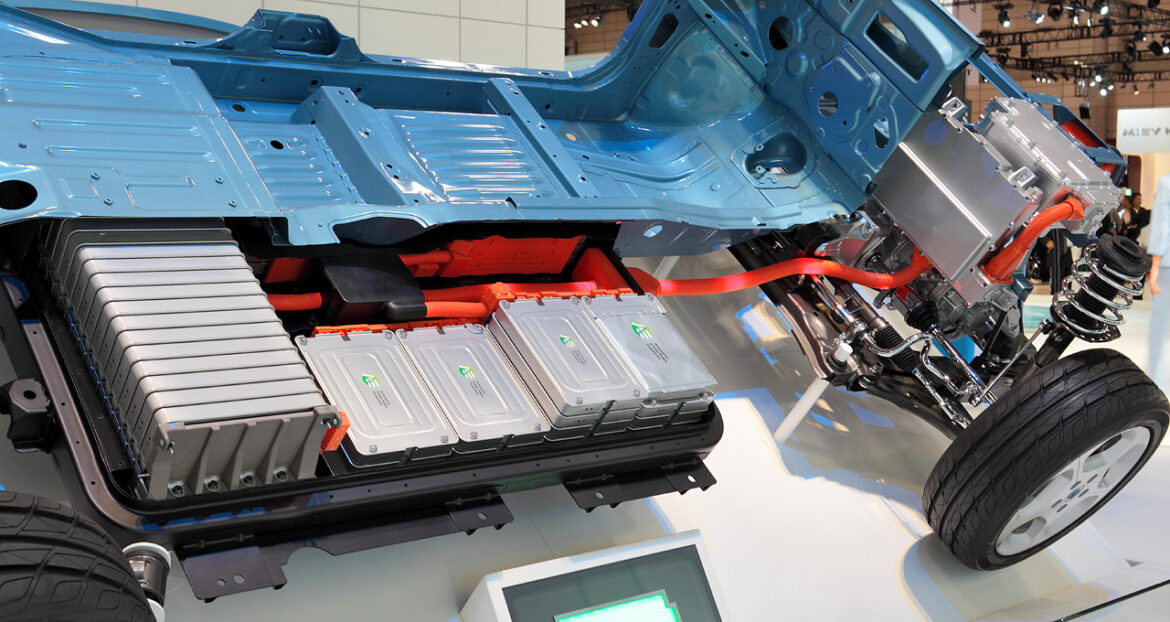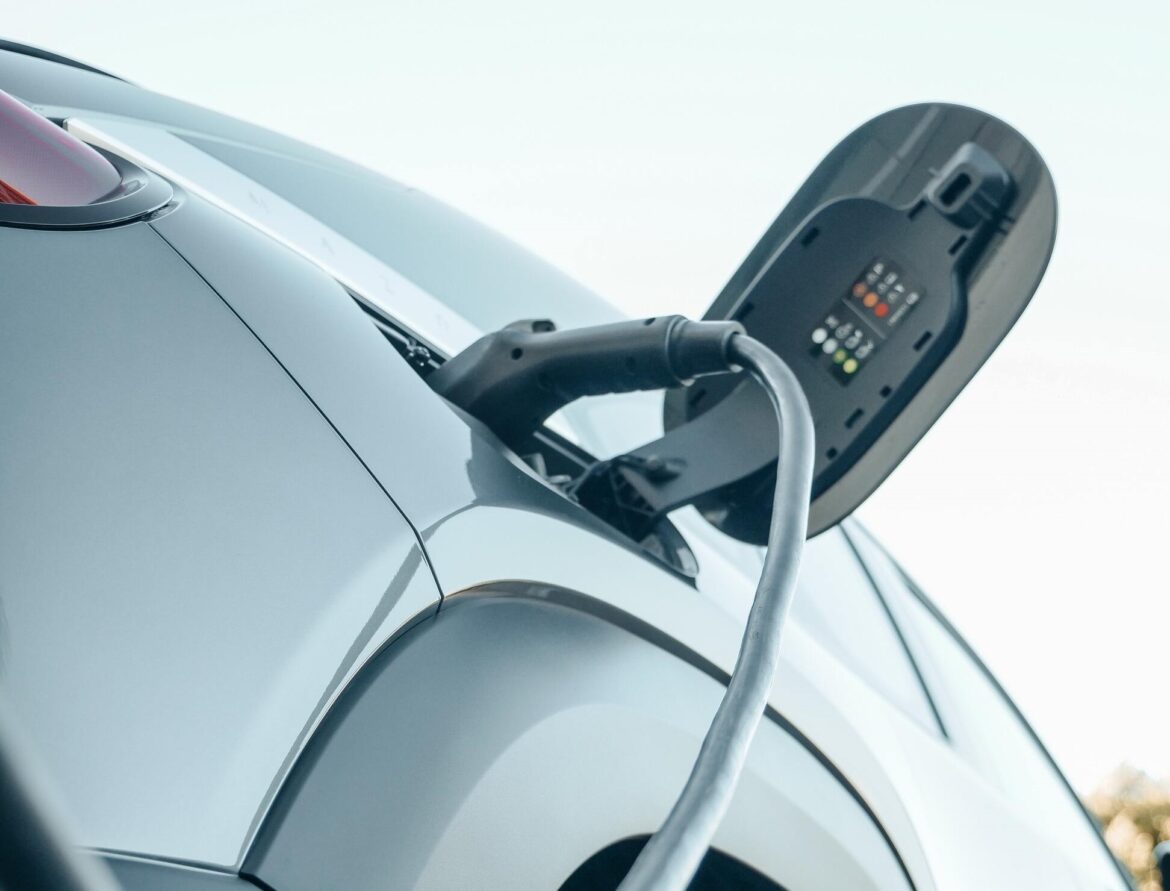The battery is the most important and expensive part of an electric car. Technology has made significant strides in recent years, allowing for improved vehicle range and faster energy refills. Despite these great advancements, some misconceptions about batteries persist, often stemming from the world of batteries of the past.
As development increases, so do range and charging speed
Anyone who follows news from the automotive world will have noticed the investments made in batteries to make them increasingly performant, with ever-faster innovations and accumulators that can be recharged more quickly. Today, the average range of a new model is around 400 km (about 250 miles) with batteries of approximately 55-60 kWh. In fact, it’s common to find electric vehicles capable of charging in direct current with powers over 100 kW. The highest-performing models allow for charging powers of even more than 200 kW.
Just three years ago, surpassing 50 kW seemed like a miracle of technology. All this has been possible thanks to battery development. There are still many possible improvements: it won’t be surprising to see even more performant accumulators in the coming years. In short, technology has advanced, and today’s batteries are very different from those of a few years ago. Now, let’s debunk some myths.
Batteries only last a few years
Is it true that electric car batteries last only a few years? Not quite. As mentioned earlier, technology has made incredible strides, and today’s electric car batteries are designed to last a long time. If this weren’t the case, automakers wouldn’t offer warranties of 7-8 years or 100-150 thousand km (62-93 thousand miles) on accumulators.
For the warranty period, the manufacturer expects the residual capacity never to drop below 70/75%, which is still a limit case. The actual expectation is much higher. Therefore, if you’re worried that the battery will only last a few years, you can rest assured there won’t be any particular problems.
Batteries recharge too slowly
As mentioned at the beginning of this article, new batteries can reach very high charging powers, in some cases even peaking at over 200 kW. Those familiar with electric technology can understand the incredible charging powers that new accumulators can handle, which were considered almost science fiction just a few years ago.
Of course, to take full advantage of the potential of new batteries, it’s necessary to use the right charging points, such as those provided by Plenitude + Be Charge. In fact, this extensive charging network, which currently (April 2023) has around 15,000 charging points spread across Italy and Europe, offers various types of charging points, including 300 kW direct current charging stations.
Batteries are not safe
What about battery safety? Electric cars, like all other means of transportation, must comply with strict controls before being released on the market. For this reason, it would be strange to claim that battery-powered cars have a high risk of catching fire (source).
Moreover, technology continues to advance in this area as well: a lot of work is being done on batteries, particularly on the chemistry and cooling system, to further reduce the risks that can lead, in remote cases, to a fire.
 Batteries don’t work in winter
Batteries don’t work in winter
Cars of all types suffer in particularly high or low temperatures. In electric cars, this may cause a decrease in range, but this should not be confused with rapid and inevitable obsolescence of the vehicle, as we have explored in another article.
In this case, too, technical evolution has greatly improved the chemistry and climate control systems of batteries, reducing efficiency losses and increasing winter range. Additionally, batteries can be preheated remotely before getting into the car. This allows them to reach a temperature close to optimal for ensuring better performance.
Article by Hd Motori










